Some of you that know me closely, or have been apprised of my personal situation over the last few months, know that the health of both of my parents underwent a sudden decline at the end of last summer. About three years ago my mother was diagnosed with ovarian cancer, but the cancer came back with a vengeance this fall, and just a couple weeks ago, she finally succumbed to the disease. To add to this complication, my step-father has late-stage Parkinson’s disease. Unfortunately, neither of them is particularly old: my mother died just before her 68th birthday, and my step-father is just 73. It has been an exceptionally challenging time for all involved.
Layered into the situation is the reality of our family history, which to say the least, has been very painful. My mother met my biological father in 1968 when she was 20, and after a few weeks of dating my mother got pregnant. They weren’t in any sense a stable couple, and my mother after much deliberation decided to have an abortion. I don’t know all the details surrounding it, but I do know that her elder sister, who is deeply Roman Catholic, did her best to convince her not to go through with it. Back then of course, abortions weren’t legal, but there were places to get them. My mother briefly described to me going to this place, climbing up the creaky stairs, walking down a long corridor to arrive a nondescript door. She grasped the handle, and was steeling herself to enter, when she lost her nerve and decided to not go through with it. When my grandmother found out my mother was pregnant, she was outraged, and packed my mother’s bags and set them beside the door. My mother was shocked and distraught, but her father told her that it would be alright, and that she just needed to wait for her mother to settle down. Sure enough, my grandmother did eventually come around to accepting the situation, and it wasn’t long after that my biological father and mother got married at the local city hall, and moved in together as a couple. Nine months later, I was born.
While there was a few months after my birth in which my parents kept up the appearance of being a couple, it was pretty clear that they were moving in two opposite directions. It was the summer of 1969, and in Vancouver the hippie scene was in full bloom, replete with cut-off shorts and tie-dye shirts, the Easter Be-ins at Stanley Park, and of course, the mind-expanding drugs such as cannabis and LSD. My biological father had a lot of affinity for this movement, but my mother, who was the youngest of three daughters by several years, was still more or less stuck in the 1950s, and couldn’t relate to all the changes. What she wanted was what her depression-era parents had worked so hard to achieve, but this was diametrically opposed to the direction my father was headed in. Less than a year after my birth, my parents had separated, and my mother was left to raise me on her own as a single parent. She took some classes and got a job as a secretary, and as a result, I ended up spending a lot of time with my francophone grandfather, to whom I dedicated my book, Food As Medicine. I can’t say much about my grandfather except from the perspective as a toddler, but I knew back then that he loved me, and as he was pretty much retired, we spent much of our time together just hanging out. Likewise, during those early years, my grandfather was the primary emotional support for my mother, as her mother was somewhat more reserved in her affections, and carried the burden of working a full time job as a nurse’s aid at a mental hospital.
In 1975, my grandfather died of cancer after a period of chronic illness. I don’t know the details of his illness, but I do remember the impact that his death had upon us all. My mother, in particular, was hit hard with his death, and her sorrow began to spill over into our relationship. With my biological father out of the picture, she was forced to pick up the remnants of her life, and carry on as best she could. Some people can cope with an enormous amount of stress and still function reasonably well… this, however, did not apply to my mother. After my grandfather died, my memories of her are of someone gradually descending into a state of mental illness. I don’t remember her hugging me, or spending time with me in any way. Even if I tried to hug her, she would push me away. By the time I was in grade two I was a latchkey kid, and at home, I spent many lonely hours by myself in my room, as my mother would do the same in hers, with the door locked. Gradually, the deprivation gave way to emotional and physical abuse, as my mother struggled to deal with the enormous responsibility of raising a child all on her own.
In the late 1970s, my mother met another man, and in short order she moved in and got married. During this period the physical abuse stopped, but only when my step-father was not out of town, as otherwise, she still was very unloving and emotionally abusive. A few years later she got pregnant, and it seemed to me that the pregnancy only amplified her hatred and resentment of me. With the birth of my sister, she seemed to settle somewhat, and I wholeheartedly threw myself into being a big brother. Although I was 15 years old at the time, I liked nothing more than to spend time with my sister: changing her diaper, giving her a bath, and taking her for walks. Although I am sure my efforts did a lot to relieve my mother of her daily burdens, she never thanked me – only expected that I would do these things – but because I loved my little sister so much, I didn’t mind. With the birth of my second sister, however, my mother’s antipathy towards me came to a head. Two weeks after the end of high school, with a promising career ahead of me as an actor, I was told that I had to leave the house. So at the age 18, I struck out on my own, without any support from my family, and did my best to make it. But I will admit that it was hard, and devoid of any support, I very much played into the stereotype of the ‘starving actor’ for a number of years, until I finally had some success. The hardest part for me, however, was that I was more or less excluded from seeing my sisters. Despite living in the same city, I might only see them once or twice a year on ‘special occasions’.
Years passed, and I eventually got married and had kids of my own, but my mother never seemed to show any real interest in my marriage or the lives of my children. When I’d call her up out of the blue to arrange a visit, she invariably would start to berate me over the phone for one thing or another, and on a few occasions, such interactions would result in me cutting off contact. This theme played itself out over the decades, up until very recently, when some time had passed after the last time I cut things off, she sent me a letter to an old address writing that she had been diagnosed with ovarian cancer. As fate would have it, it was a letter I never received.
About two years ago my grandmother died at the age of 99, and again I was back in contact with my mother and learned of her cancer. She had undergone conventional treatment including surgery and chemo, and seemed to be doing well. A year later, however, the cancer had spread, and because she had such a difficult time with the chemo before, she came to me for help. So, not as her physician but only as her son, I developed a protocol for her, drawing upon my knowledge of Ayurveda – not to cure her in any sense, as her condition was not curable, but just to maintain her as long as possible. For this purpose I used two medicines recommended and prepared by my physician colleagues in Nepal, including Rohitakayadi and Chandraprabha, as well as a number of other supplements (e.g. Coriolus, lumbrokinase, vitamin D3, etc.). She continued on the protocol throughout the summer, and seemed to be doing well. Back at home, however, the declining health of her husband of 35 years, complexed by a dysfunctional and adversarial relationship between them, vaporized much of the positive energy that I was trying to create for her. For the last several months we had been bringing them home-cooked meals twice a day, and when I would come over I would see these two sick, dying people berate each other in the kitchen, trying to take each other down, trying to prove who was the ‘sickest’. For my step-father, much of his issue was related to the neuro-psychological effects of taking high doses of synthetic dopamine – essentially doing to the brain what cocaine does – not just preventing tremor (which was never his issue), but also leading to some very challenging and difficult behaviors. Another effect of this drug was to cause a spine-bending disorder called camptocormia, in his case promoted by the synthetic dopamine, that also made his physical movements highly unstable.
So we stepped in. Knowing that we had precious little time, I was able to procure a drug called MDMA (3,4-methylenedioxy-methamphetamine), or ‘ecstasy’, commonly taken as an illicit party drug. I knew, however, that MDMA had undergone some research for its benefits in the treatment of post-traumatic stress disorder (PTSD), and thought that perhaps if they took it together, that it might help shift the dynamic of their relationship. As well, I knew that MDMA seemed to have definite, albeit temporary, benefits in Parkinson’s disease, and my step-father was curious to see if it would help his symptoms in any way. They each took MDMA on two separate occasions, with my wife and I present as supports, and while neither actually connected with the other during their experiences as hoped, they did pair off with my wife and I, and opened their hearts and minds, sharing their life experiences. It is a curious feature of this drug that people will often talk about the things in their life that are most painful, but as they uncover these experiences, they do so from an altered, empathetic state, which essentially changes how the memory is re-experienced. Under the influence of MDMA, my mother talked more or less non-stop, covering a huge amount of her life’s territory, including all the traumas, while I quietly listened and offered support. The sessions were very powerful experiences for her on a personal level, and brought about a greater empathy for herself and others. For my step-father’s part, his physical disabilities significantly lessened under the influence of MDMA, allowing him to walk and move about almost like normal – albeit only for a few hours. During these three sessions, we would spend 8-10 hours with them, and then finally leave at the end of the day, with both of them standing at the front door, waving goodbye with smiling faces. Little did we know, however, that pretty much as soon as we left them alone, they would be begin to bicker and argue. It seemed that for them, reconciliation was impossible.
During this last fall, my mother’s cancer came back with a vengeance – in part, I think, due to all the negative emotions that were being generated by the miscommunication issues and frustrations of her marriage. Her liver became enlarged from the cancer, emboli were discovered in her lungs, and she began to develop ascites (fluid build-up), causing her abdomen to swell. She was never a very big person, and as the cancer progressed she began to lose weight and became quite thin and frail, despite having a huge belly, and by November, was in a lot of pain and discomfort. She felt so distraught about her life, about her marriage, and despaired that she would never get better, although she kept up her hopes for some kind of miracle. A few years before I began to uncover research that demonstrated the benefits of psilocybin mushrooms in cancer, helping patients to come to terms with their diagnosis. I mentioned this to her, and with her agreement, I brewed up five grams of the mushrooms (Psilocybe cubensis) as a tea, and then supervised her after she consumed it. Shortly after she began to feel the effects, she started to move inward, and then reaching the deep pain and sadness that she had carried all her life, she cried more or less continuously for three hours. I would sit down beside her periodically, to see if she wanted to share anything, but the only thing she said was that she was in mourning for herself, her husband, and their relationship. During this time I had some of the music of her youth playing in the background, such as the Moody Blues and Crosby Stills and Nash, and in between the tears she said that she felt as though the lyrics were speaking directly to her. What was striking too, is that she remained more or less motionless for several hours, which was in contrast to her usual state, in which she couldn’t be physically comfortable in any one position for more than 20 minutes.
After I about three hours, I played some melodies composed by Tyāgarāja, the 18th century patron saint of Carnatic music of South India, and after a few minutes came to sit on her bed. She opened her eyes, sat upright, and looked at me with a big smile. She told me that she could feel the music inside of her, that the rhythm and melody of the music was spinning through her like a helical strand, lighting up and connecting parts of herself up and down her spinal column. During this time, as I held her hand, we spoke about the impermanence of life, and that which was beyond the narrow limitations of our physical existence. We cried and laughed together, as we both realized the depth of our connection: our shared sorrows, our shared hearts; feeling and seeing the way in which our separate journeys have been inextricably bound. To watch her rise from the depths of her pain, to see the joyous expression on her face; to see her eyes light up with love, peace and acceptance, is among the most rewarding experiences I have ever had. As she came down from the experience, and the intense emotions and rainbow-like tracers subsided, she said to me “everyone should take mushrooms!”, and we both laughed, considering just how ‘anti-drug’ she has been throughout her life.
After this experience, something in her changed in the days and weeks that were to follow. She became more peaceful, and much less reactive, in a way that years of counseling, psychiatric drugs, and even the MDMA couldn’t touch. When her husband would challenge or criticize her, instead of reacting like she normally did, she would pause; reflect, and make non-confrontational statements. I was so proud of her, especially considering that my step-father was now in the throws of a deep depression, causing her and everyone else a great deal of concern. Something had to be done.
The next day I took my step-father to visit with his neurologist. He had become very depressed and even suicidal, and had recently taken my mother’s bottle of hydromorphone, telling us that he was planning to kill himself. After listening to my step-father explain his situation, the neurologist decided to prescribe a low dose SSRI, proceeding to tell him that it wouldn’t kick in for 4-6 weeks, and may cause “suicidal ideation”. Somewhat exasperated, I asked why on earth would she suggest a drug that would likely make his acute depression even worse? After I expressed my objection the neurologist decided instead to set up an appointment to meet with another expert in a month. Unfortunately, I already knew that my step-father had pretty much exhausted his options, and although I had warned him not to take them, had already been on mirapex® (pramipexole) and sinemet® (carbidopa-levodopa) for more than a decade. It is my belief that these drugs hastened the progression of his disease. In this respect, the conventional approach to Parkinson’s disease is a failure on so many levels, with an obsessive focus on dopaminergic mechanisms that doesn’t address the whole body-brain pathology that underlies this disease. And as it turned out, all the specialist ended up doing was upping the dose of sinemet.
Seeing my step-father in this state, and the lack of suitable alternatives, I decided to prepare a remedy from psilocybin mushrooms, preparing an aqueous extract with lemon juice, reducing a decoction of five grams of mushrooms down to a 50 mL extract. I combined this with equal parts tincture of Syrian Rue seed (Peganum harmala), which contains some alkaloids (e.g. harmine) that act as natural and reversible mono amine oxidase inhibitors (MAOI). For the uninitiated, MAO is an enzyme that breaks down monoamine neurotransmitters, such as serotonin, epinephrine, norepinephrine and dopamine. Most drug MAOIs are dangerous, because they irreversibly block MAO, which can lead to a life-threatening hypertensive crisis. In contrast, Syrian Rue and similar plants such as Passionflower (Passiflora incarnata) and Caapi (Banisteriopsis caapi) contain reversible MAOIs, meaning that the effect is only temporary, and hence, very little risk of adverse reactions.
Once my step-father took the psilocybin medication, the effect was nothing short of amazing. In about 40 minutes, he went from being severely depressed, to happy and content without any side-effects. I suggested a dose of 2.5 mL (1/2 tsp), twice daily, once at 9am, and again at 1pm, for a day-long effect that would keep him in good spirits. At this dosage level, none of ‘psychedelic’ qualities of the medicine are apparent. It’s too early to say how effective this preparation is in all types of depression, but my guess is that it would be better for a uni-polar depression, rather than bipolar depression or anxiety. Likewise, it’s very important to start with a small dose, and work up to an effective dose, to avoid any undesired psychotropic effects, such as hallucinations or anxiety. Hopefully other experienced practitioners so inclined will continue to shed light on the antidepressant properties of low-dose psilocybin mushrooms.
Last Friday morning as I was settling down to work, my step-father called me and told me my mother had fallen from the bed. He had also called 911, and by the time I had raced over there on my bicycle, the paramedics had stopped their attempts to resuscitate. I sat down beside her, placed my hand over the top of head and another over her heart, and meditated beside her body for almost an hour. Even though she was clinically dead, I knew that she was still ‘here’, and needed my comfort and attention. Later, my sisters came with heavy hearts to spend some time with her too. A lot of tears were shed that day, and my eyes well up with tears as I write this. Although I know my mother wasn’t ready to go, she was prepared for death, and I believe that in these last few months she attained a level of happiness that eluded her for her entire life. At the end, she started to give real hugs like I had never before received from her, noticed not just by me, but by everyone around her. And every time she saw me, when I’d come to bring her meals or take the dog for a walk, she would tell me how much she loved me, how much she appreciated all that we had done for them. The night before her death, my wife spent some time with my mother, as the two of them had become quite close in these last few months. Talking to the care worker, who was the last one to speak to her, she described my mother’s spirits the night before as “jolly”, which is a suitable epitaph and epithet to the enormous personal growth that she underwent in such a short period of time. Never in a million years would I have ever described my mother as a “jolly” person, and yet, that is the perfect description of her just before she died. Later that day, before the funeral home came to retrieve her body, I lay beside her for some time. Gazing up at the ceiling, talking to her, telling it her that it was time to go.
So here I am, now without a mother, as someone who spent much of his life without a mother (or father); but having had the opportunity to have a real mother, even if it was just a short period of time, I feel enormously rewarded and enriched by this experience. The love my mother expressed for me, the appreciation for all that we had done for her in these last few months, has been a tonic to a lifetime of sorrow. And while that pain will always be there, I feel it has come full circle, so that in her death I feel a sense of renewal, particularly as I draw together with my step-father, sisters, wife and children, to recreate our notion of family. I know that my story isn’t unique, and that many of you have gone through similar experiences. My hope is that you too can be an instrument for change, and a vehicle for your highest ideals. Don’t give up, stay true to your heart. Always remember that if you never stop holding out for the possibility of love, it will never leave you. Love is our shared destination.
While it is my honor to share my experience with those of you that care to listen, part of my motivation is to advocate for the therapeutic use of MDMA and psilocybin. From my perspective, the continued criminalization of such substances is nothing more than a perpetuation of a societal trauma. Who in their right mind would have deprived my mother of this experience, if only to prove a point of moral authority? The therapeutic potential of MDMA and psilocybin is enormous: the same can be said for other substances including LSD, Ayahuasca and Iboga . It doesn’t mean, however, that they should be abused. But likewise are many things in life abused: alcohol, tobacco, sugar, cars, guns, sex, shopping. Should we deprive ourselves of anything and everything that has an abusive potential?
The core issue of addiction relates to the Buddhist/Hindu concept of taṇhā, which refers to a ‘craving’, or ‘clinging’ to existence, to a sense of self, or ‘ego’. In this regard, all of us are inherently disposed to having strong desires or addictive tendencies, just as we are disposed to revile and hate certain things. But there must be balance to this push and pull, and when it comes to these ‘scheduled’ substances, the only solution is harm reduction: education, decriminalization, and thoughtful use. If abuse or addiction arises, it is a medical issue and should be treated as such: jail or prison as a response to drug use is like using a hammer to treat a physical injury. In my estimation, the punitive perspective on drug use advocated by policy makers and political leaders is nothing more than a reflection of their collective ignorance. Perhaps high time for them and other skeptics to follow my mother’s exhortation that “everyone should take mushrooms”, at least once. Waiting until you die to discover love is such a waste.
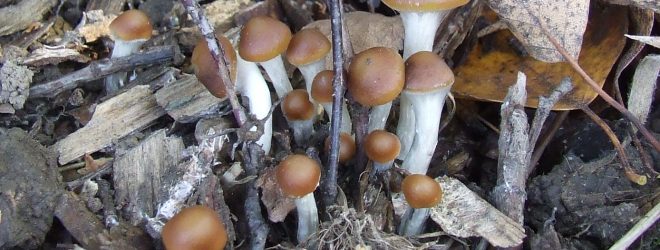
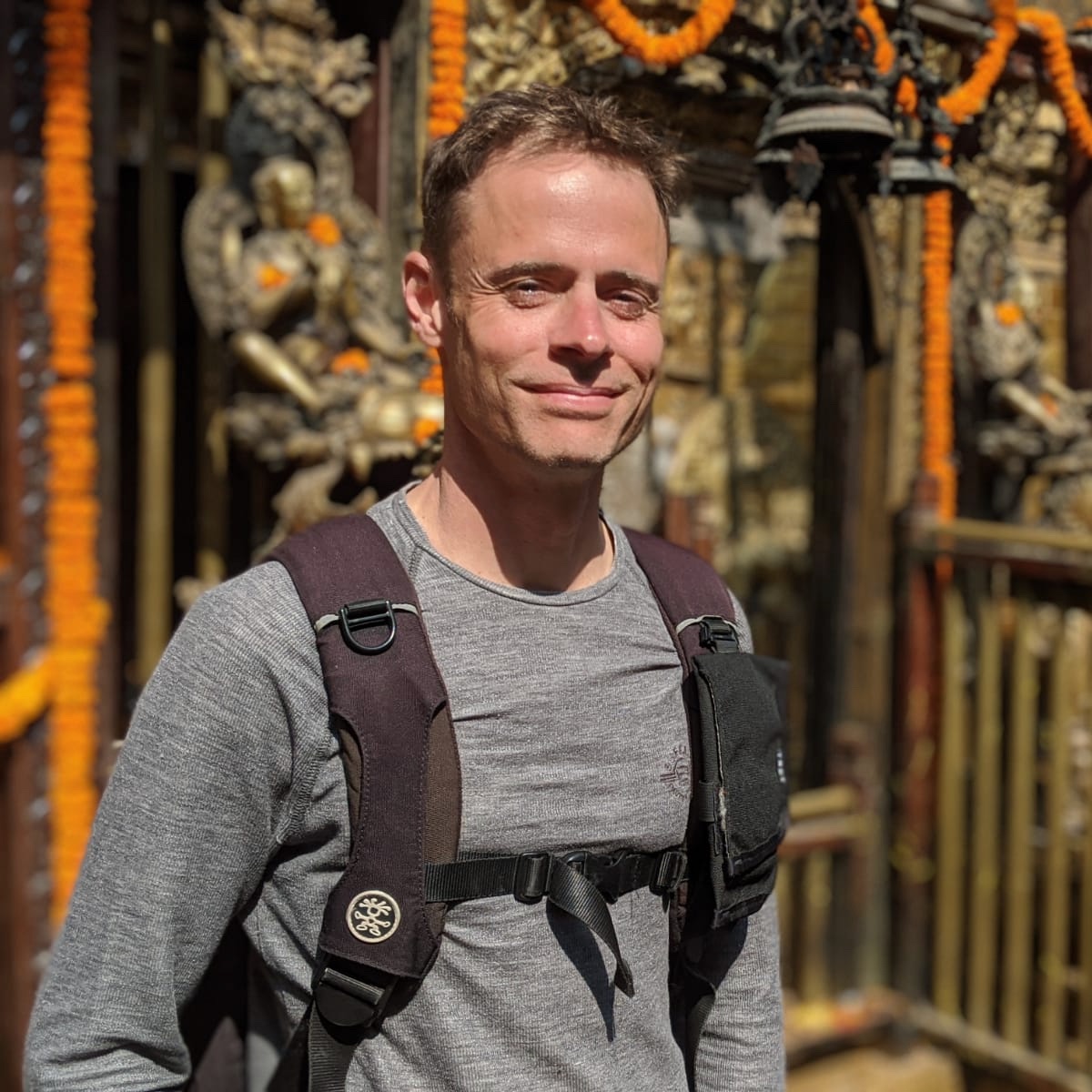
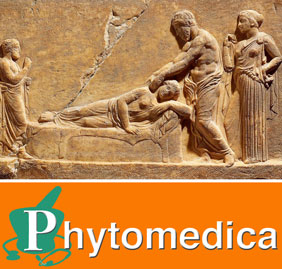
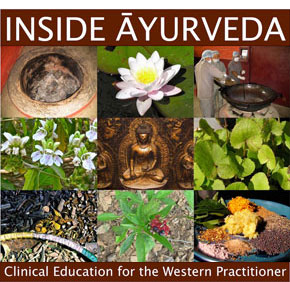
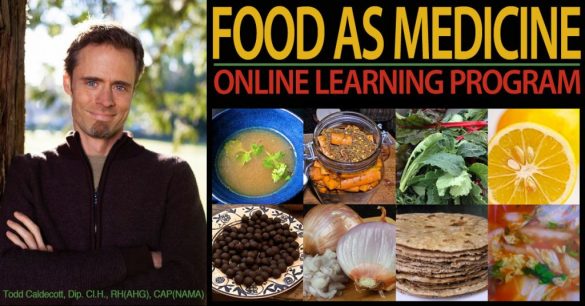
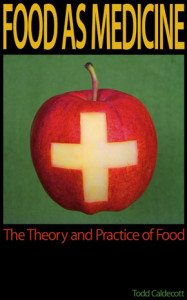
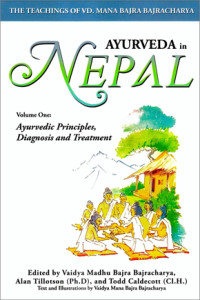
Dear Dr. Caldecott,
Thank you for this honest, very well written blog.
I am sure you are familiar with Stephen Levine’s book “Who Dies?” He and his wife Ondrea have been in the lead in the USA to normalize death and illustrate dying as good opportunity for transforming relationships. He is a part of the circle of Ram Das and Dr. Weil, back in the day, who introduced chemical and natural mind altering substances.
Thanks once more. I am new to your website and think it a brilliant, very valuable gift.
Jan Olsen
So sorry for your loss, Todd, but very happy that you were able to reconcile with your mum in such a way. How brave of you to write such a piece to share with us all!
Thank you for sharing your story, which has such full impact because of your openness in sharing your family history. If you are not familiar with the research of Roland Griffiths at Johns Hopkins (yes, really) on psylocybin, please visit this TED talk link.
https://www.youtube.com/watch?v=LKm_mnbN9JY
I have forwarded a link to your posting to a colleague who works with Roland, who along with his pharmacology background is a long-time meditator.
Thank you. Your story was profoundly moving on many levels and I am very grateful that you shared it with us all. May the richness of connection continue for all of you as you walk forward in your journeys, your mom too. Erika
Todd,
Thank-you for sharing a most personal journey with all of us. It is a wonderful expression of love and compassion. I am sorry for you loss, but glad to know that both you and your mother found peace.
Dear Todd-
Beautifully written- we are honored to have the opportunity to study with you and feel fortunate to experience this heart opening realness through your story.
*Om mani padme hum*
Hi Todd,
I sincerely am so glad you were able to connect with your mother and to get something that worked with your father. I had a very difficult time with the western medical approach when my mother was sick and died, even though by background was nursing. Now a RHT as well.
I often use a particular product that combines a group of supplements for those with mental health issues where there actually has been some studies done and being done by U OF C (alberta). It has had some amazing results if you would like to chat sometime about it. Blessings
Thank you Todd for sharing that incredible piece, a part of your story….Your grace, your love, your ability to find the truth through all of the haze, is stunning. I am so grateful for the lesson. Your path has been to find your core, and expand outward to teach and guide. Thank you
I am amazed at your ability to face hardships and come out successfully without letting your past haunt you.
Wow that was really powerful and moving Todd thank you for sharing! I can’t imagine what that must have been like to go through for you. I’m happy your Mom was able to experience these substances in a way that helped her deal with her situation. I’m hopeful that the work MAPS is doing will help make these substances available to anyone who wishes to partake in them. Set and setting being key.
Thanks for your comments, Chris.
Thank you for this, in all its vulnerability and honesty, and for taking a stand in favor of these potentially life-changing medicines with so much potential to heal at a deep level. Agreed that it’s a matter of collective ignorance (and psycho-spiritual illness) that psilocybe mushrooms, MDMA, and other potent medicines for the heart and spirit continue to be treated as Schedule I substances here in the US. Thankfully things are starting to shift. Namaskar, daai, ani dhanyabad